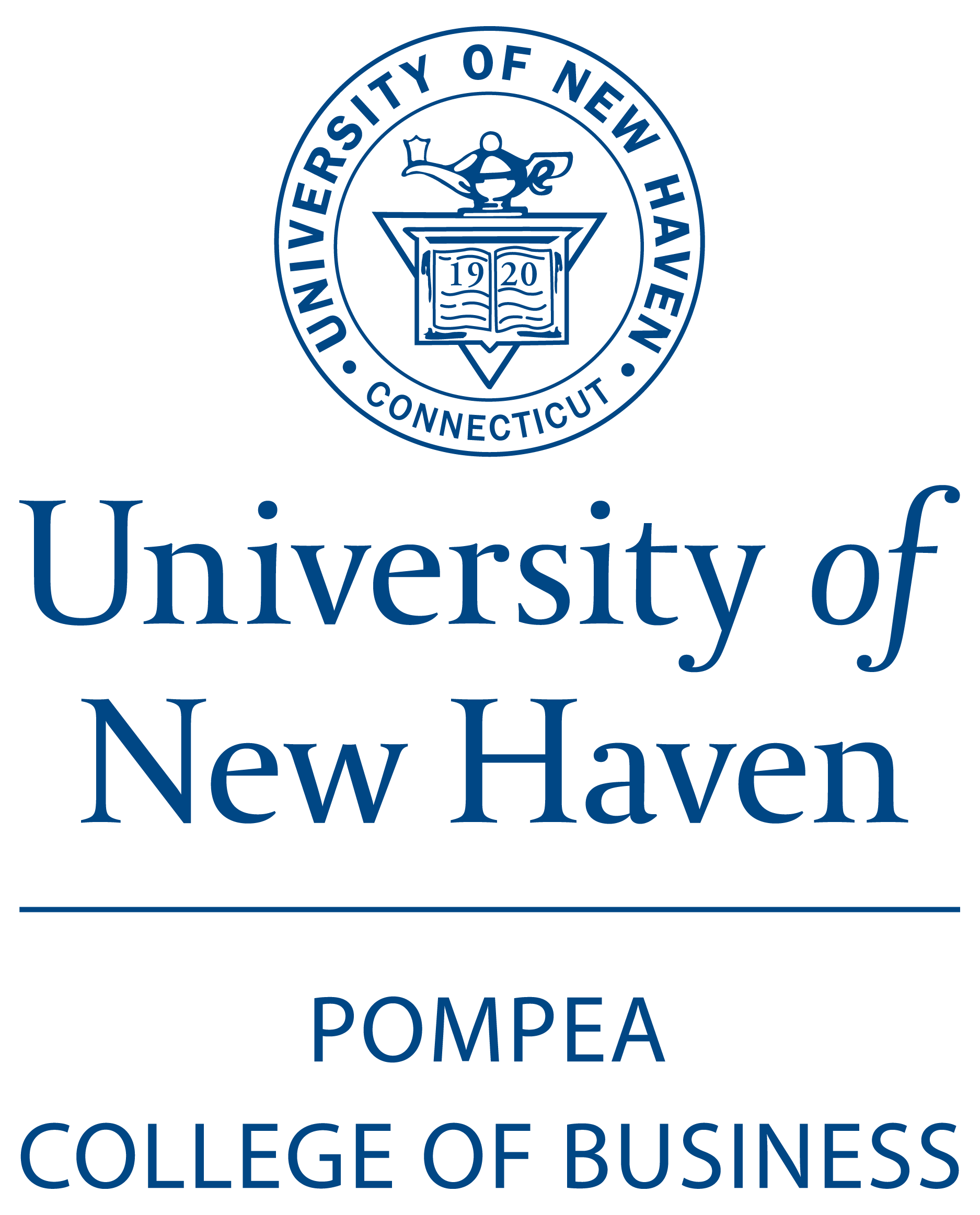Abstract
While institutional distance presents opportunities for development of the general theory of springboard MNEs, the direction of distance and its relationship to the motivations to springboard are largely ignored in the literature on emerging-market MNE (EMNE) internationalization. To fill the research gap, we develop a model of springboard motives, and incorporate institutional distance (including its direction) and ownership share as factors explaining them. Based on an empirical analysis of over 700 mergers and acquisitions (M&As) by EMNEs from 26 emerging economies in 2015–2017, we find that EMNEs tend to have capability-building springboard motives in cross-border M&A when they move down the institutional ladder from a higher to lower quality institutional environment (with larger negative distance in FDI regulatory risk). The capability-leveraging motive is positively related to distance in terms of FDI regulations (particularly legal protection) when the company moves up the institutional ladder. Importantly, these relationships are moderated by ownership share.
Creative Commons License

This work is licensed under a Creative Commons Attribution-NonCommercial 4.0 International License
Recommended Citation
Zámborský, Peter and Yan, Zheng Joseph
(2022)
"Institutional Distance and the Motivations to Springboard,"
American Business Review: Vol. 25:
No.
2, Article 6.
DOI: 10.37625/abr.25.2.355-389
Available at:
https://digitalcommons.newhaven.edu/americanbusinessreview/vol25/iss2/6
DOI
10.37625/abr.25.2.355-389



